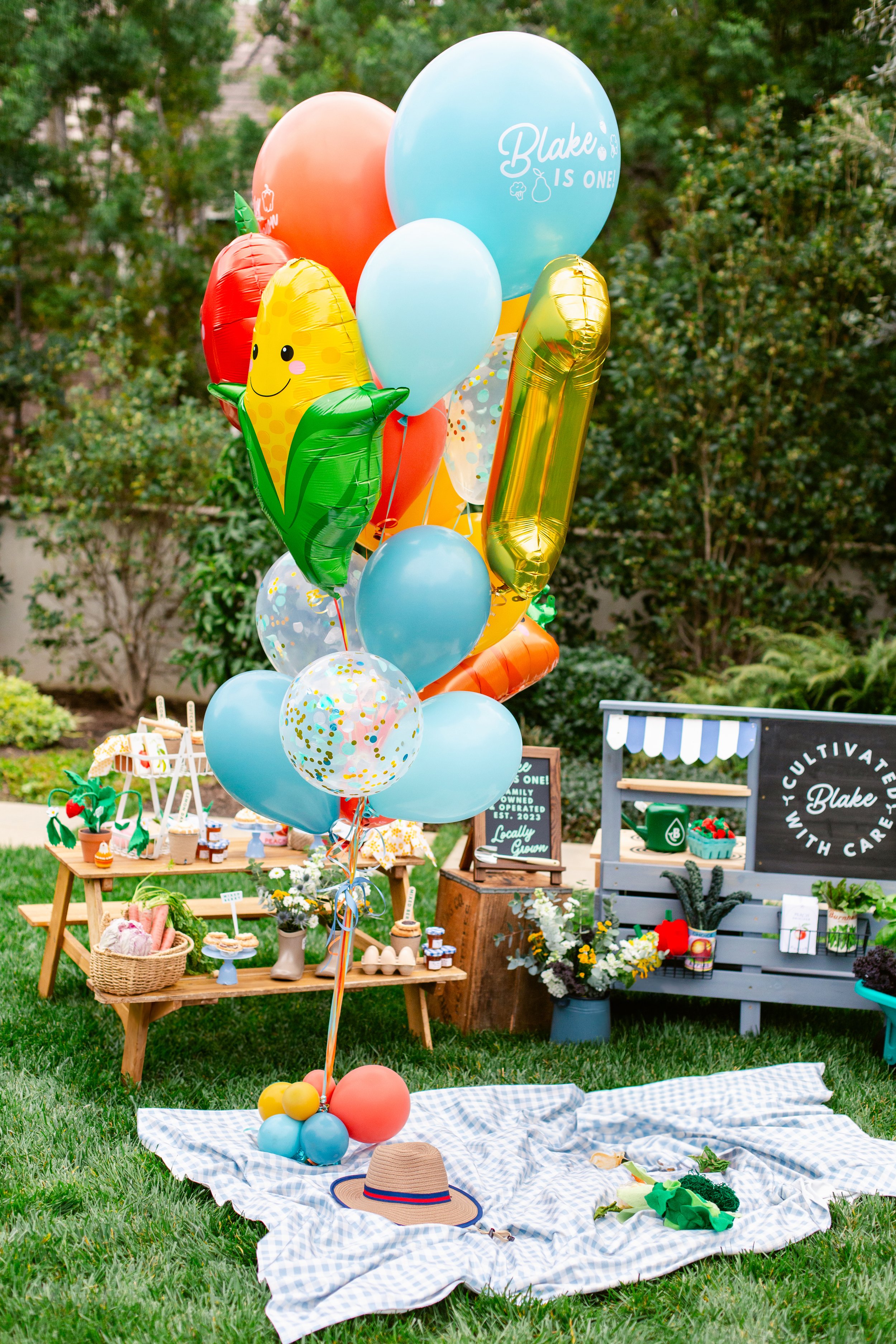Teach Your Kids About Voting
/With election season right around the corner, now is the perfect time to teach your children about voting. While it may be too early for some of them to understand the ins and outs of our election system, it’s never too early to teach your children that their voice matters. Our kids are the future and the earlier we teach them to use their voice and get in touch with their values, the stronger advocates they’ll grow up to be.
Here are a few pieces of advice I follow when teaching my kids about voting:
Meet them where they’re at:
My biggest piece of advice is to always meet your kids where they’re at. Start by asking them what they already know about our election system or the voting process. Build off of their current knowledge and talk about issues with them in simple terms. Explain the different levels of elected officials such as local, state, and federal offices. Define key terms and offices such as mayor, governor, and the president, using photographs if that is something your children respond to well.
Whenever you are engaging in discussion about voting with your children, try to incorporate things they can see affecting their lives today. For example, they may not understand specific laws regarding public health mandates, however, you can explain that the Safer at Home order was enacted by our government officials. This could be a great way for them to understand how voting for those officials effect on our everyday lives.
Get your children thinking about what they value:
Ask your children what is important to them. Whatever their values are, find a way to connect these values to voting, legislation, and current events. If your children express that they value outdoor play, explain to them how climate change legislation and land preservation laws tie into that. With fires ravaging many areas in our country, you can take this moment to teach them that our government officials make important decisions on how disasters like wildfires are prevented and handled.
Whether you choose to be neutral or share your own opinions will depend on what is best for you and your family. If you feel comfortable sharing your own opinions and rationale, be ready for your kids to ask questions. They might even ask questions that you haven’t thought of that challenge you!
Use election season to your advantage:
Election years are a great time to teach your children about voting. Not only are there be a wealth of resources to educate your children, but there are also different signals of the approaching election that you can start to teach your children to recognize such as bumper stickers, campaign signs, and commercials. Be sure to tell your children when election day is and the different ways to cast your vote. If you vote by mail, tell them why and let them sit with you while you fill out your ballot. If you vote in person and feel safe doing so, bring your children along so they can get excited about the process.
Election season also presents a great opportunity to teach your children about other things you want them to learn. Let them know that it is OK if their friends or family members have different opinions than them. You can also use election season to teach your children about different privileges that some people hold. If your children are American-born citizens, explain to them that not everyone has the right to vote. If they live in a big city, explain to them that some people in more rural areas have to travel far to be able to exercise their right to vote. If your children watch with you as electoral college votes are announced, you could also help sharpen their math skills by explaining to them how many votes are needed and having them add up the votes as they’re announced.
Your kids may also stumble upon election advertisements that promote behavior you don’t want to encourage, such as name-calling. You can use this as a teachable moment to explain to your children why candidates put out these types of advertisements but reaffirm to them that name-calling and bullying is not something that is appropriate for them to do at home or at school.
Incorporate election education in your home:
Incorporating election practices in your home is a great way to help your children grasp the concept of voting. This can be as simple as holding a family vote for what to have for dinner or as elaborate as staging an election in your home. You can also help your kids understand different campaign advertisements together and figure out what issues are important to a candidate. If your children feel particularly passionate about a particular candidate or issue, help them get involved in campaigning!
Resources for teaching your kids about voting:
I used Vote for Our Future to help teach AJ about voting. We read it together and it showed him why it is important to vote, ways he could be part of the election without voting, and most importantly, it triggered questions for us to discuss together.
There are also a ton of other resources to help you teach your children about voting. Here are a few:
Check out this Scholastic book list for teaching children about elections
PBS Kids You Choose has kid-friendly educational resources such as trading cards, campaign posters, meet the president activities, and educational videos
Only you know where your child is at in terms of learning, development, and comprehension. Make the decision that’s best for you and your family on how comprehensive you want their knowledge of the election process to be.
Written by Ngoc Nguyen Lay, Head Rascal. Mother of two rascals, ages 5 and 7.




















